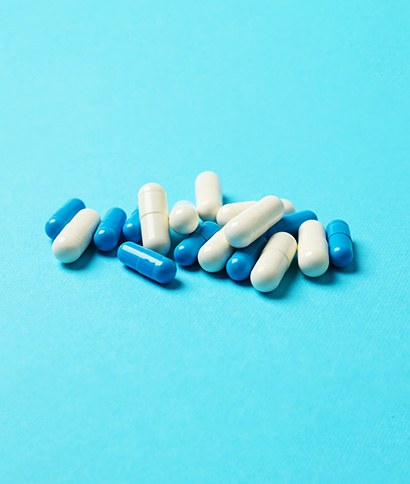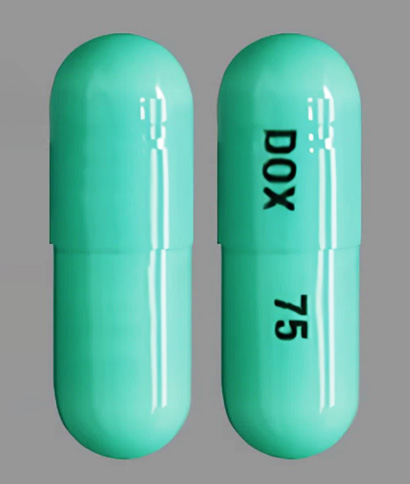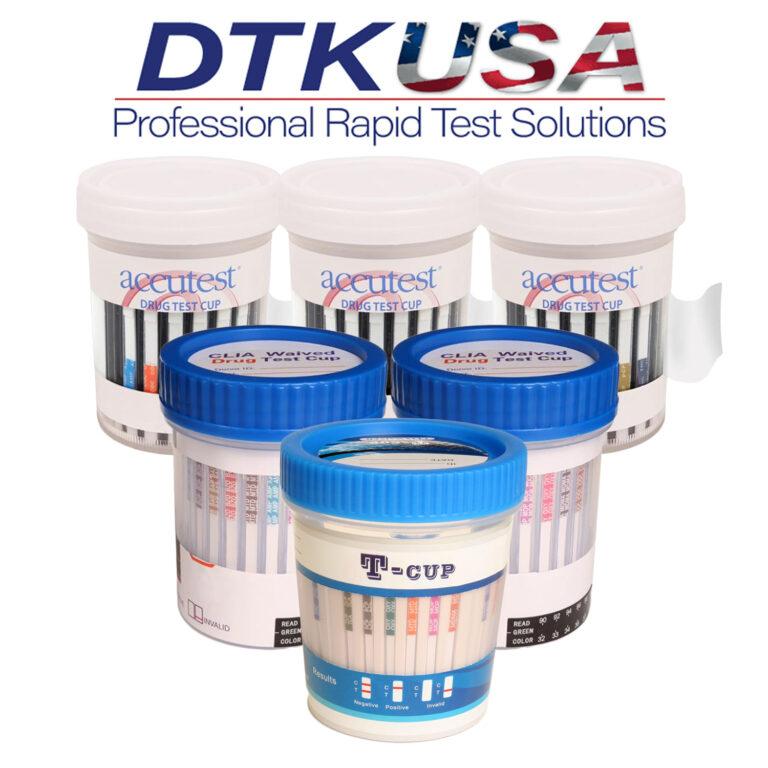Tricyclic antidepressants (TCA)
Tricyclic antidepressants (TCAs) are a class of medication used to treat depression and other mental health conditions.

WHAT Is it?
Tricyclic antidepressants are a class of medication that has been used for decades to treat depression and other mental health conditions. They were first introduced in the 1950s and were the primary treatment for depression until the development of newer medications in the 1980s and 1990s.
TCAs work by blocking the reuptake of neurotransmitters such as serotonin and norepinephrine, increasing the amount of these chemicals in the brain and improving mood.
While physicians may prescribe Tricyclic Antidepressants (TCAs) for Major Depressive Disorder (MDD), they are seldom suggested as the initial course of treatment due to their adverse effects, which include anticholinergic, antihistamine, and antiadrenergic effects. Additionally, there are numerous safer alternatives, such as Selective Serotonin Reuptake Inhibitors (SSRIs), that are readily available.
how is it ingested?
Tricyclic antidepressants are typically taken orally as a tablet. The dosage and frequency of administration may vary depending on the patient's condition, type of drug, and response to treatment.
HOW IS IT HARMFUL?
Tricyclic antidepressants are associated with a risk of overdose, particularly when combined with other drugs or alcohol. TCA overdose symptoms include arrhythmia, hypotension, convulsions, tremors, coma, xerostomia, urine retention, and respiratory depression.
Additionally, tricyclic antidepressants can be highly addictive and can lead to physical dependence with long-term use. Abruptly stopping the medication can also cause withdrawal symptoms. According to a study published by Cambridge University, TCAs account for 12 deaths per million prescriptions and 80% of deaths are due to suicides.
WHAT DOes it LOOK LIKE?
Tricyclic antidepressants are typically available in tablet form, and their appearance can vary depending on the specific medication. They may be small and round or oval and may come in different colors depending on the manufacturer.
what are its effects?
Tricyclic antidepressants can produce various effects, including improved mood, reduced anxiety, and improved sleep. They may take several weeks to start working, and it is important to continue taking them as prescribed even if there is no immediate improvement in symptoms. The most common side effects of TCAs include dry mouth, constipation, blurred vision, dizziness, and drowsiness.
Street Names
Tricyclic antidepressants are not commonly known by street names, as they are typically obtained through a prescription. However, they may be sold illicitly or obtained through fraudulent prescriptions.
TCAs that have FDA approval to treat the major depressive disorder include amitriptyline, amoxapine, doxepin, desipramine, nortriptyline, protriptyline, imipramine, and trimipramine.


TCA
Tricyclic Antidepressants on a drug test kit are known as TCA. The cut-off concentration is at 1000 ng/mL, and detection time is 1-2 days from previous use. It is useful to test for TCA in an emergency toxicology screening, because combining it with some medications could be fatal.
drug test kits
We offer many types of drug test kits and configurations that include Tricyclic Antidepressants. Doctors stopped prescribing them in favor of safer alternatives, so they are not as common as they used to be in the past.
View products with TCA below:


